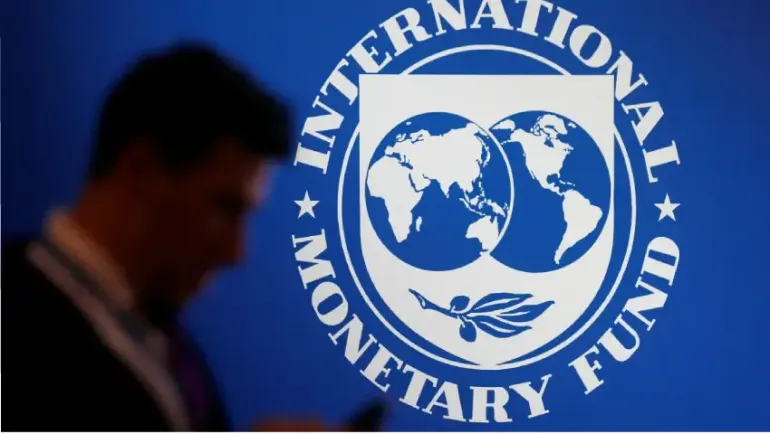
In early 2023, Bangladesh secured a $4.7 billion loan from the International Monetary Fund (IMF) to stabilize its economy amid a balance of payments crisis. While this injection of funds offered short-term relief, the deeper implications of IMF involvement are now unfolding—bringing economic hardship to millions.
IMF loans come with strict conditions. For Bangladesh, these include reducing subsidies, raising taxes (especially VAT), floating the currency, and restructuring public enterprises. While these measures aim to strengthen the economy structurally, they often trigger immediate negative effects—most notably inflation and reduced public spending.
Cutbacks in fuel and energy subsidies have sharply increased utility and transport costs. Coupled with a devalued currency and global inflation, food and essentials have become costlier. Small businesses face higher borrowing costs due to interest rate hikes, stalling growth and employment.
IMF-backed reforms shift key economic decisions away from national control. Bangladesh also risks falling into a debt dependency cycle—borrowing more just to repay old obligations. Though debt levels are still moderate, rising repayment pressure and conditionalities raise alarms about long-term sovereignty.
The burden of reform often falls on the poor and middle class through regressive taxation and rising costs, while wealthier groups and big corporations remain shielded. Rushed implementations, lacking public engagement, further deepen mistrust in governance.
Bangladesh must pursue reforms that balance fiscal discipline with social protection. Strengthening domestic industries, diversifying exports, and broadening the tax base fairly can create long-term resilience without hurting the vulnerable.
IMF loans may stabilize an economy in crisis, but the hidden costs—lost autonomy, inflation, and public discontent—can be profound. For Bangladesh, success depends not just on meeting IMF targets, but on ensuring that recovery does not come at the expense of its people.



-112x63.27.webp)




-132x74.57.webp)



Comments
There are no comments for this Article.